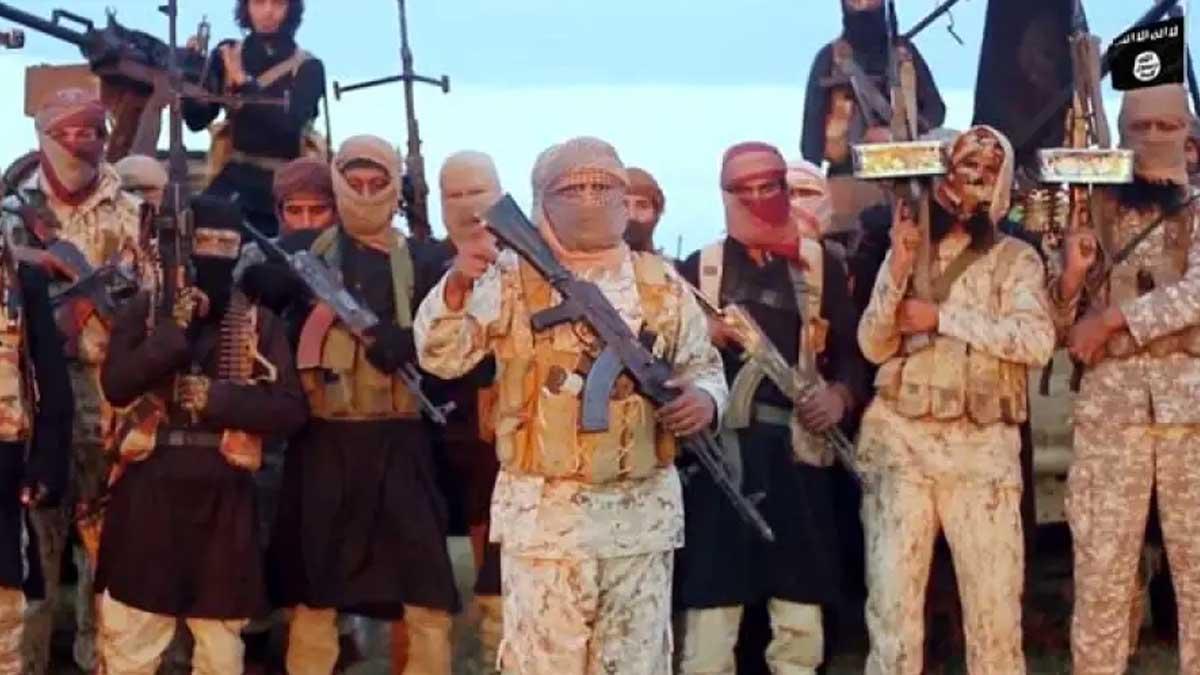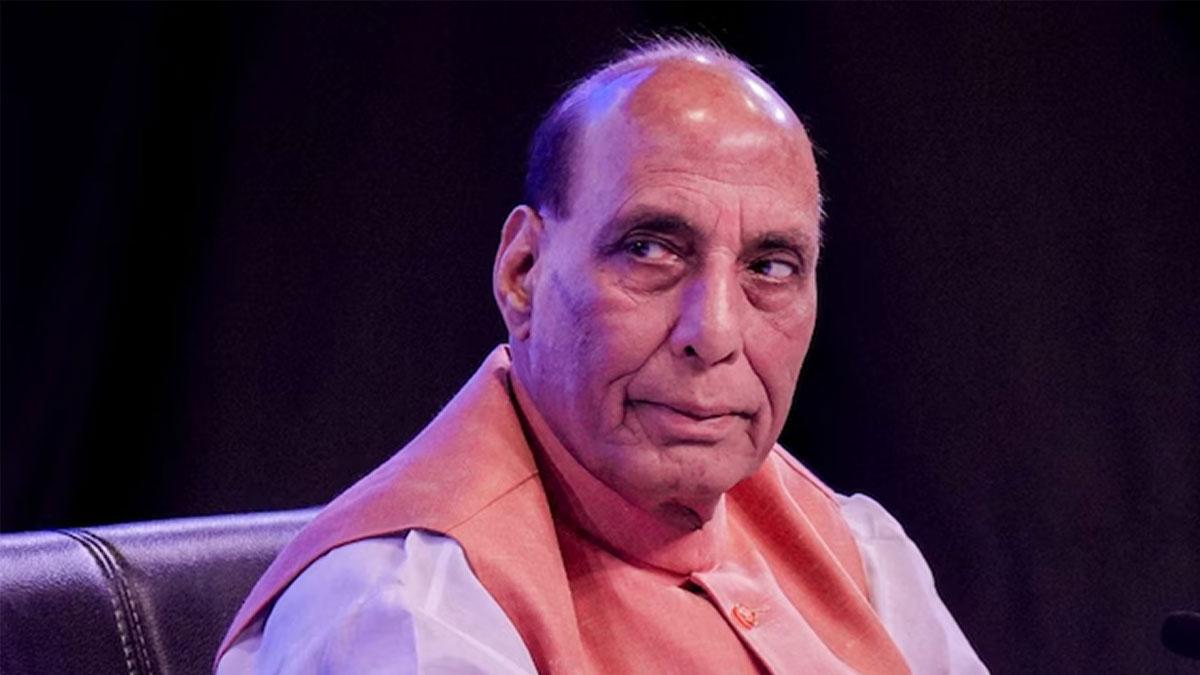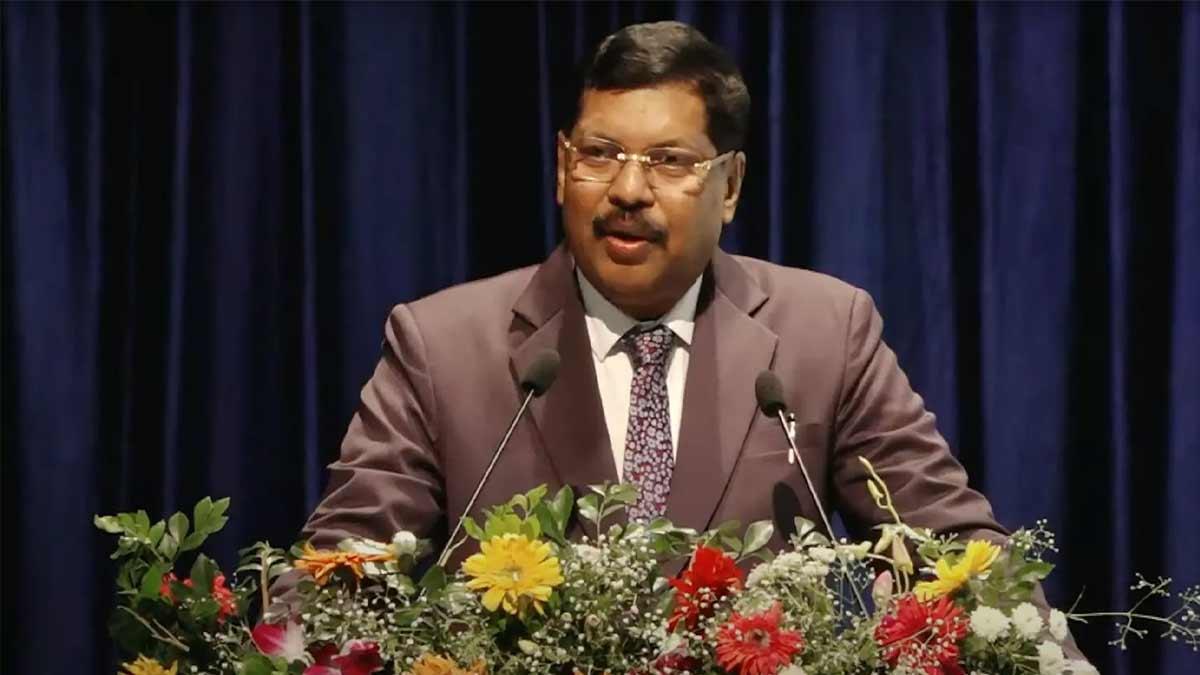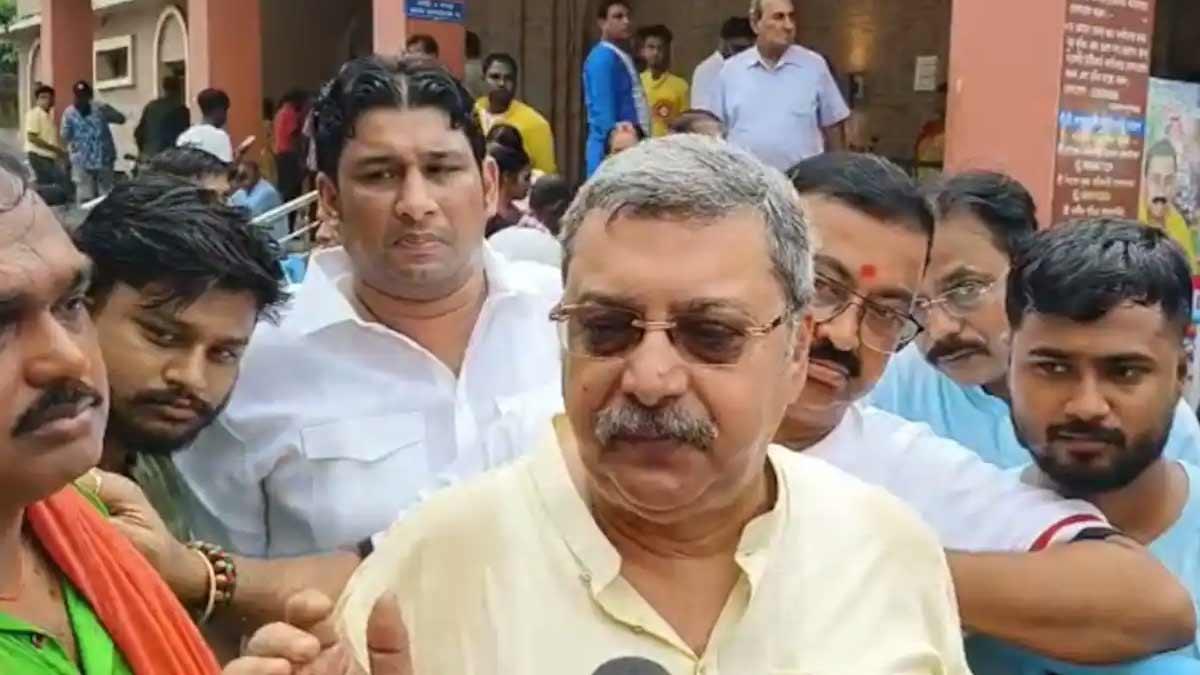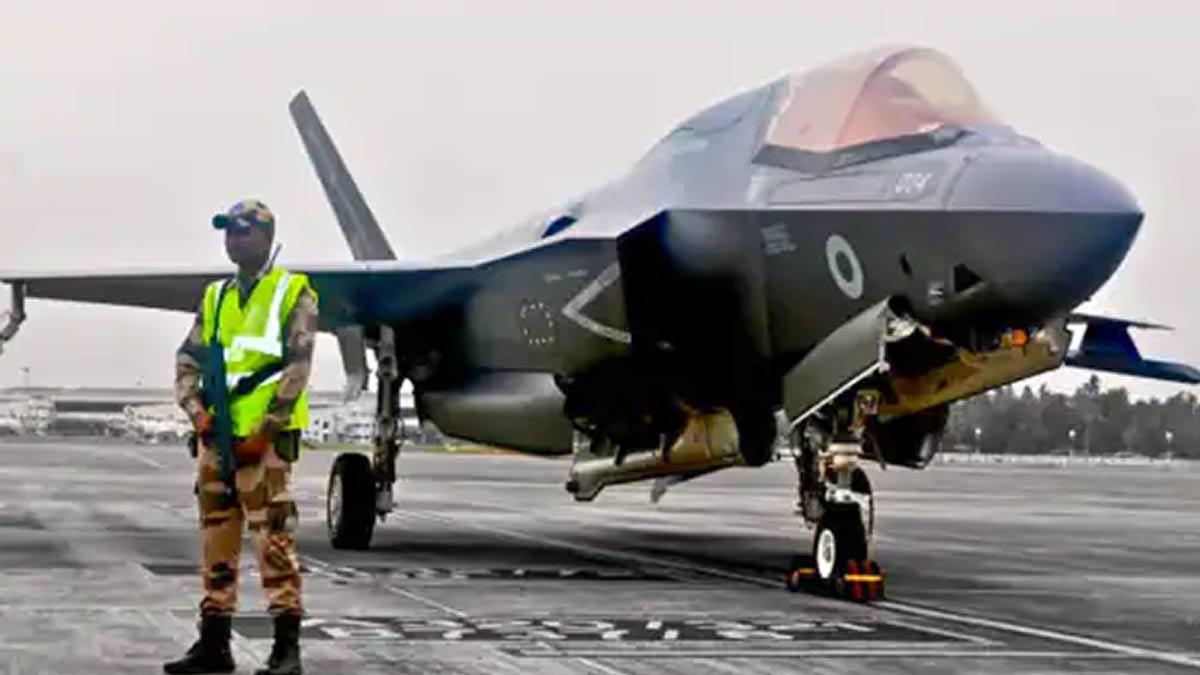It mentioned in the most recent Mutual Evaluation Report that, according to global Financial Action Task Force or FATF, the primary and most significant source of Terror Financing (TF) in four of six conflict areas in India is from outside its border. It further stated that the most pressing terrorism threats are associate with ISIL or AQ-linked groups operating in and around Jammu and Kashmir.
The FATF, which formulates and promotes policies to safeguard the global financial system against money laundering, terrorist financing, and the financing of weapons of mass destruction, acknowledged that India has always faced terrorism since its independence in 1947. It noted a "disparate range of terrorism threats" categorized into six distinct theatres.
These theaters will include organizations affiliated with ISIL or AQ operating within and outside of Jammu and Kashmir — either directly or through surrogates — and other separatist groups in the region; other ISIL and AQ affiliates or radicalized actors in India; regional insurgencies in Northeast India and northern areas; and leftwing extremist organizations that are intent on overthrowing the government. The report praised Indian agencies to have demonstrated a "good understanding" of the status quo as well as future and emerging TF threats across different risk theatres.
According to the report, extortion remains one of the major sources of funding for terrorist organizations operating in Northeast India and areas affected by left-wing violence. Furthermore, it was noted that NPOs which are affiliated with terrorist activities abuse said humanitarian organizations, which are said to have received foreign funding masquerading as charity contributions.
Terrorist financing risks are mostly closely associated with risks from terrorism, and flows of funds or provision of other assets are generally kept within India or neighboring countries… The risk assessment of TF identified different modes of funding by terrorists, which included funding sourced outside India, organized criminal gangs, extortion, NPOs, fake Indian currency notes, narcotics financing, virtual assets, and illicit arms smuggling, which each had a different magnitude depending on the theatre," the report said.
The report further noted that capable authorities have highlighted a growing trend of using virtual assets for TF, due to the difficulty in tracing such financing. At the same time, it commendably pointed out that the government of India's prevention measures-counter-radicalization efforts, for example, is the 'Sahi Raasta' initiative, launched in 2022, to prevent youth radicalization in Jammu and Kashmir, where groups affiliated with ISIL and AQ are active.
The report further said that the state of Maharashtra has initiated an anti-terrorism campaign. Terror financing offenders are given the chance to surrender for rehabilitation. The FATF appreciated Indian authorities for their full understanding of existing and emerging TF threats. It further stated that their investigation has been able to take effective shape according to identified risks.
"Case studies provided reflect India's ability, in particular the National Investigative Agency (NIA) and ED, to conduct complex financial investigations and identify money trails to support the investigation and prosecution of terrorist activity and TF," an independent inter-governmental body stated while releasing its Mutual Evaluation Report.
The report further hails India for having a "high level of technical compliance" with the FATF standards and for taking "significant steps" to combat illicit finance. A joint assessment by FATF, APG, and EAG on measures taken by the country to combat illicit finance found that India has undertaken a good AML/CFT framework with effective implementation which brought about good results in risk understanding, access to information on beneficial ownership, and asset deprivation from criminals. The assessment rightly concluded that authorities make effective use of financial intelligence and cooperate well domestically as well as internationally.
The report is a summary of the AML/CFT measures in India, dealing with an analysis of the compliance with the 40 recommendations made by the FATF besides offering an evaluation of the effectiveness of the country's AML/CFT system and giving recommendations for further enhancement.
Read also| India Seeks Review of Indus Water Treaty, Issues Notice to Pakistan
Read also| India best bet for 21st century, its solar revolution a golden chapter, says PM Modi

